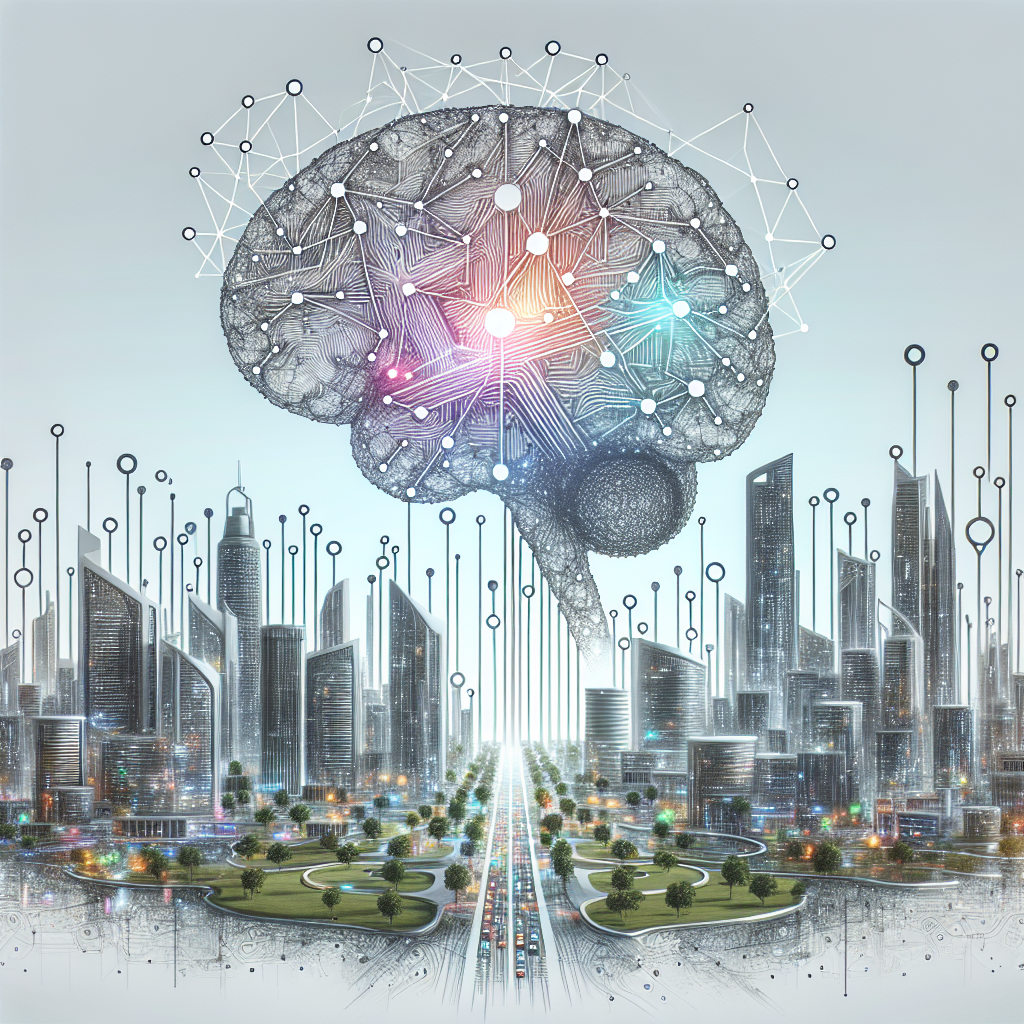Artificial General Intelligence (AGI) is a term that refers to AI systems that have the ability to understand, learn, and apply knowledge in a way that is indistinguishable from human intelligence. While current AI systems are designed for specific tasks and lack the ability to generalize across different domains, AGI has the potential to revolutionize society as we know it.
The development of AGI has the potential to transform various aspects of society, from healthcare and education to transportation and manufacturing. AGI systems can process and analyze vast amounts of data at a speed that is impossible for humans, enabling more accurate diagnoses in healthcare, personalized learning experiences in education, and optimized supply chains in manufacturing.
One of the key advantages of AGI is its ability to automate repetitive and mundane tasks, freeing up humans to focus on more creative and strategic work. This can lead to increased productivity and efficiency across industries, as well as the creation of new job opportunities in the field of AI development and maintenance.
In addition to its economic impact, AGI can also have profound social implications. By improving the quality and accessibility of healthcare and education, AGI can help reduce inequality and improve the overall well-being of society. AGI systems can also assist in disaster response and prevention, by analyzing data to predict and mitigate potential risks.
Despite its potential benefits, the development of AGI also raises ethical and societal concerns. There are fears that AGI could lead to job displacement and income inequality, as well as the potential misuse of AI systems for surveillance and control. It is crucial for policymakers, researchers, and industry leaders to work together to address these concerns and ensure that AGI is developed and deployed in a responsible and ethical manner.
FAQs:
Q: What is the difference between AGI and narrow AI?
A: Narrow AI refers to AI systems that are designed to perform specific tasks, such as image recognition or natural language processing. AGI, on the other hand, has the ability to understand, learn, and apply knowledge across different domains, similar to human intelligence.
Q: When can we expect AGI to be developed?
A: The development of AGI is a challenging and complex task that requires significant advancements in AI research and technology. While some experts predict that AGI could be achieved within the next few decades, others believe it may take much longer.
Q: What are some potential risks associated with AGI?
A: Some potential risks associated with AGI include job displacement, income inequality, misuse of AI systems for surveillance and control, and ethical concerns related to the use of AI in decision-making processes.
Q: How can we ensure that AGI is developed and deployed responsibly?
A: It is important for policymakers, researchers, and industry leaders to work together to establish ethical guidelines and regulations for the development and deployment of AGI. Transparency, accountability, and inclusivity are key principles that should guide the development of AI systems.
In conclusion, the potential of AGI to transform society as we know it is immense. From improving healthcare and education to optimizing transportation and manufacturing, AGI has the power to revolutionize various aspects of our lives. However, it is important to address the ethical and societal concerns associated with AGI and ensure that its development and deployment are guided by responsible and ethical principles. By working together, we can harness the power of AGI to create a more equitable and prosperous future for all.

